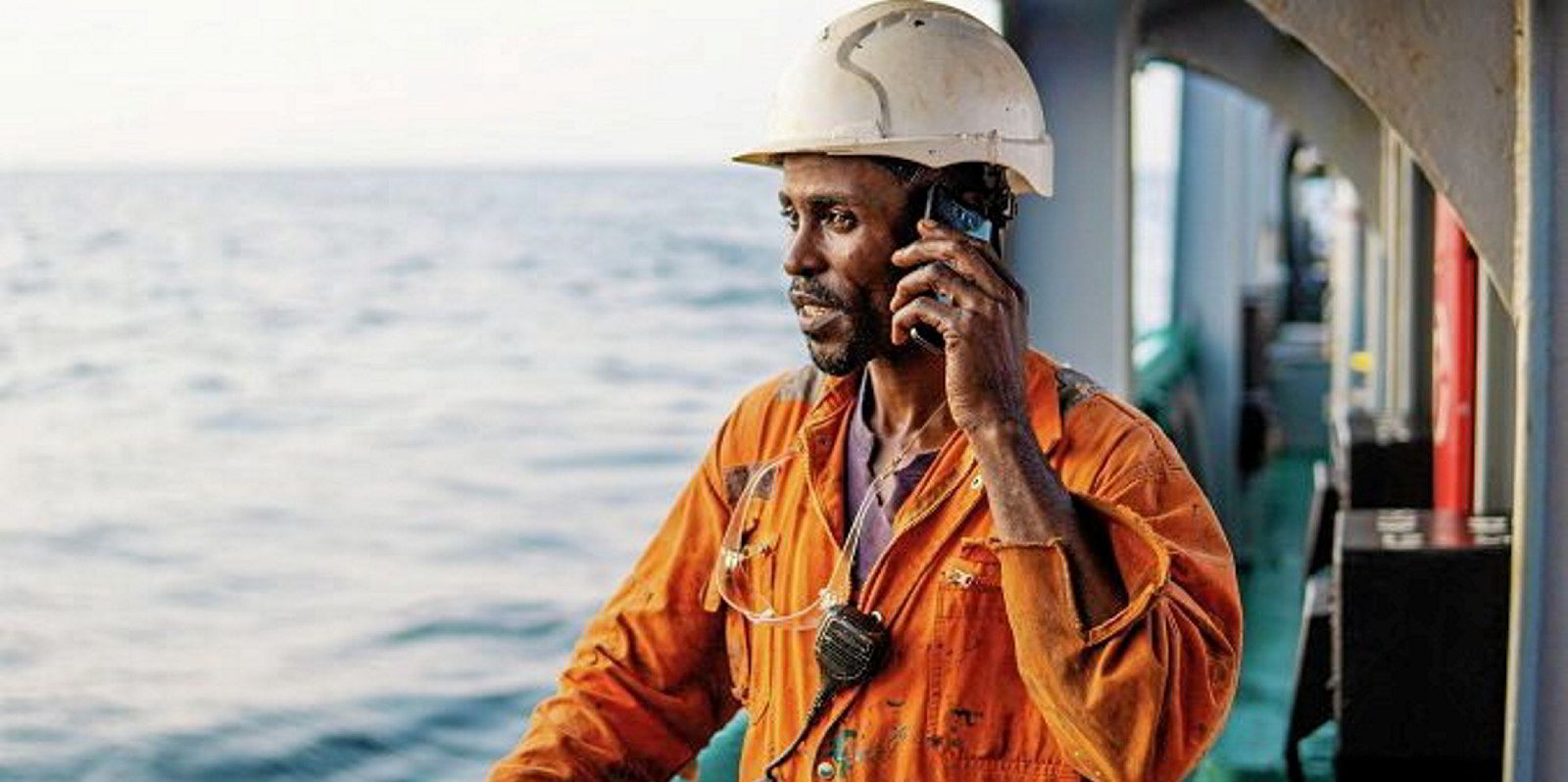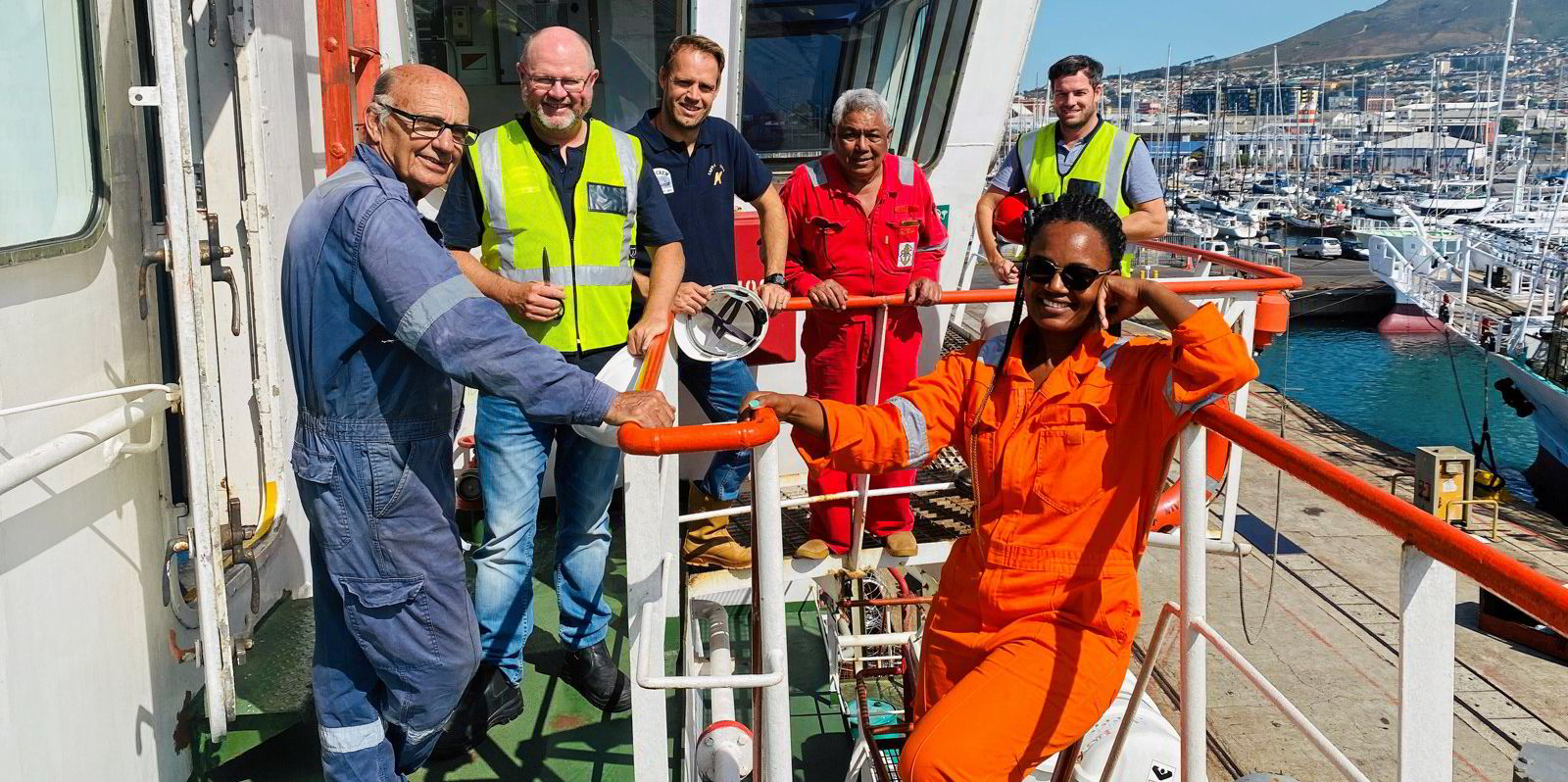A UK government report is calling on the International Labour Organization to gather data on seafarer suicides to help the industry tackle the problem.
The Department of Transport report Seafarers and Suicide looks at how the demanding nature of seafarers’ work — with long periods away from home — can create feelings of isolation and could be contributing to a mental health crisis in the shipping industry.
“It can be isolating, with months at sea, cut off from family and friends. This was made only worse by the recent pandemic, which saw significant delays in ships able to dock,” said UK minister for maritime aviation and security Robert Courts.
“It’s physically demanding work and given crew rotations it can be hard to form essential bonds with others. Finally, add in precarious contracts, poor pay, and inconsistent well-being support into the mix and you have all the ingredients for a mental health crisis,” he said.
Courts said that data on seafarer suicides is “patchy” and that shipping needs to understand the scale of deaths at sea if it is to tackle the problem. There is no single unified framework for recording suicides, he pointed out.
“This report is the first step for long-overdue change. It has been used to advocate, at the International Labour Organization, for an international database to record the manner and cause of any crew deaths at sea. This is a step towards a better understanding of the scale of the problem, which will ultimately allow government and industry to create meaningful change,” he said.
The report looked at how cultural issues, concerns about insurance payouts to relatives — and the frequent uncertainty over the circumstances surrounding deaths at sea — have led to under-reporting in the industry.
The UK report is based on wide-ranging interviews with ship managers, owners, unions and charities among others but not with seafarers themselves. The Department of Transport said it was concerned seafarers may find the issue upsetting.
Well-being tool

Courts said the UK government is taking additional action to help support seafarers. The Maritime & Coastguard Agency (MCA) has launched a digital Wellbeing at Sea Tool that provides practical advice for seafarers and helps organisations monitor their employees’ overall well-being aboard.
It has also published two books — Wellbeing at Sea: A Guide for Organisations and Wellbeing at Sea: A Pocket Guide for Seafarers — in consultation with unions, shipowners and maritime charities.
Katy Ware, director of UK Maritime Services at the MCA, said: “There is — sadly — still a stigma around mental health. The fact seafarers still don’t feel able to talk about it or access services says a lot about how far we still have to go in terms of reducing that taboo.”
UK Chamber of Shipping policy director Tim Springett said: “Any suicide is a tragedy. It is right that we pay as much attention to mental health as we do to physical health.
“A crucial part of doing this is placing seafarers’ well-being, and their voices, at the heart of company cultures. This means ensuring no seafarer feels fearful to speak out and active mental health support for crew members must be a priority. It is also important to stay on top of people’s welfare and take action to address the working environment and patterns before issues arise.”





